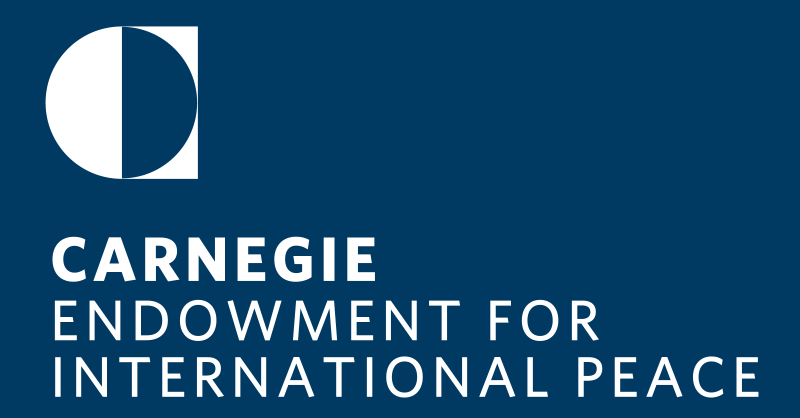Gustavo Petro’s opponents worry he’ll try to concentrate power, but public frustration due to unrealistic expectations are more likely to stall his agenda.
On Sunday, Colombia began a new political chapter with the inauguration of Gustavo Petro, the country’s first-ever leftist president and a former guerilla. Observers have differed widely on what Petro’s presidency may mean for Colombia and its democracy.
To many of Petro’s supporters, his inauguration symbolizes a historic opportunity for Colombia to finally address its deep-seated challenges. Despite its relative economic and political stability over the past decades, Colombia remains one of the most troubled countries in Latin America. Discontent reached an all-time high prior to the election, leading to repeated waves of protests between 2019 and 2021. Factors driving discontent include crippling socioeconomic inequality, a lack of public services, massive rule-of-law problems and organized crime leading to the forced internal displacement of almost 80,000 Colombians in 2021, rising public debt, high youth unemployment, and high levels of deforestation in the….
Read full article here









